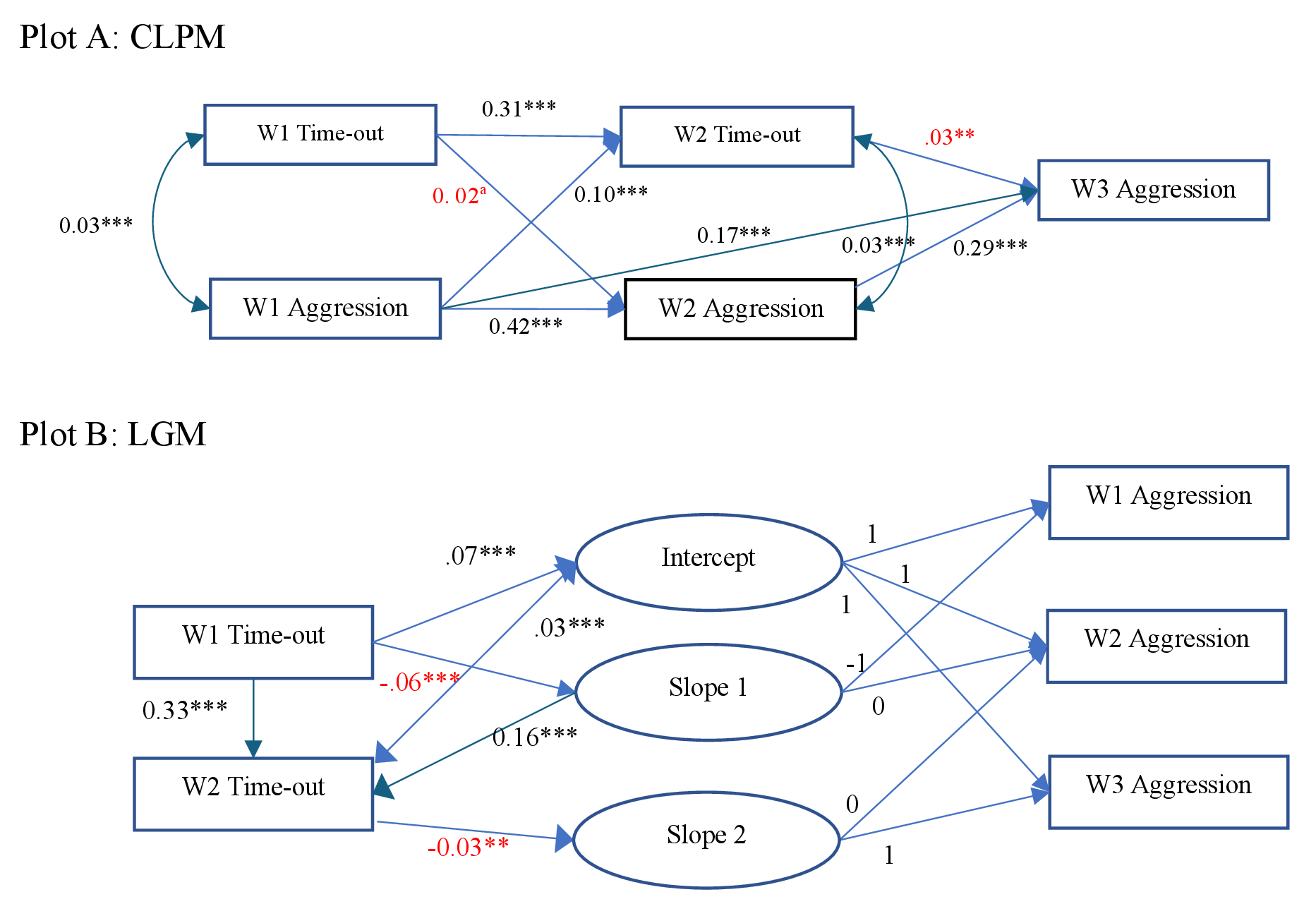Lord's Paradox Illustrated in Three-Wave Longitudinal Analyses: Cross Lagged Panel Models Versus Linear Latent Growth Models
DOI:
https://doi.org/10.35566/jbds/linKeywords:
Causal inference, Cross-lagged panel analysis, Latent growth modelingAbstract
Lord’s (1967) paradox showed that two basic ways to analyze change longitudinally can produce contradictory results in 2-occasion nonrandomized studies. This study extends that paradox to difference-score and ANCOVA-type residualized change score analyses across three waves of data for four corrective actions thought to be effective: corrective disciplinary actions by parents (timeout and reasoning) and corrective actions by professionals (psychotherapy and hospitalization). All significant findings indicated that these corrective actions were harmful according to cross-lagged panel models but beneficial according to linear latent growth models. One type of analysis may not generalize to the other type of analysis. These results are consistent with recent recognition that ANCOVA-type analyses are biased by invariant between-person differences, but difference-score analyses can have their own biases. Recognition of these biases is needed to discriminate between stronger and weaker causal evidence in longitudinal analyses.









